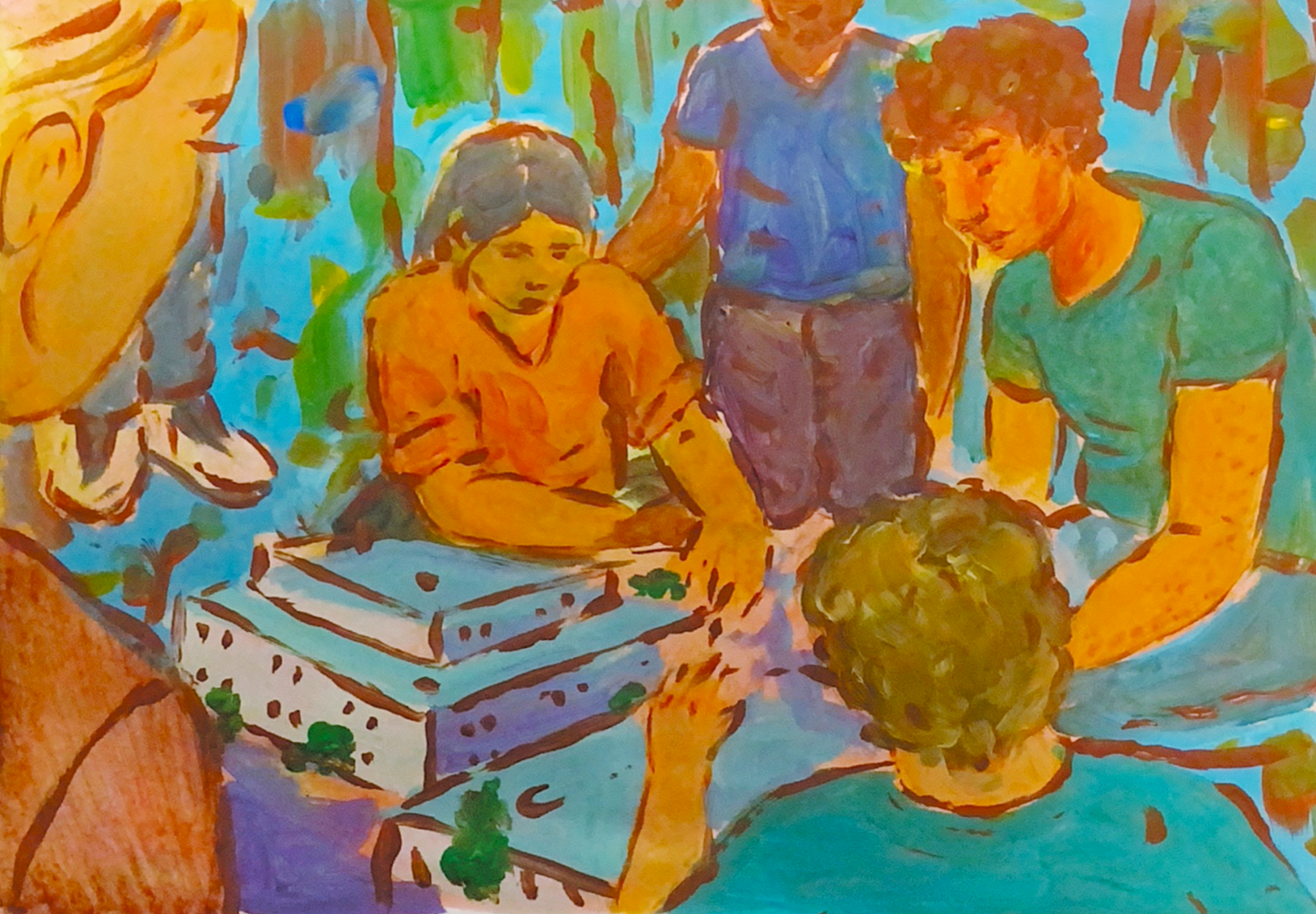Every three years, school districts across California create a three-year Local Community Accountability Plan (LCAP) which is reviewed annually and establishes district priorities with the hope of serving school communities. 2024 marks the beginning of a new three-year plan, and on Jan. 23, Berkeley Unified School District’s LCAP committee met to build a plan for how the district would serve its students for the next few years to come.
LCAP’s actions are focused on serving what the district calls “unduplicated students”, which refers to students who have historically been underserved and neglected by the school system, namely English learners, foster and unhoused students, and students with socioeconomic disadvantages. In order to effectively serve these students, BUSD has set out five main goals to focus their efforts around. These goals include academic excellence, intervention, creating a safe and welcoming school environment, measuring outcome data, and increasing attendance for unhoused students.
While the official priorities for the coming LCAP cycle have not yet been set, LCAP advisory committee co-chair Lindsay Nofelt noted that BUSD will likely focus on achieving goals they have already set out in previous years.
“Generally, they’re going to keep the same five goals,” said Nofelt. “There’s still goals we haven’t met yet so we’re going to keep on working on them, and work on the wording of the fifth one because it’s still so new and rushed from last year’s plan.”
Nofelt also noted that the complexity of LCAP documents themselves can stand in the way of an essential factor in the success of the plan: consistent implementation across BUSD campuses.
“(The district is) made up of all these places and we all need to pull together in the same direction in order to affect change,” said Nofelt. “It’s not easy and sometimes it’s not fun, but that’s what I would say, is that the LCAP plan is nothing without the efforts of the individual schools.”
“For the high school, I would say probably focusing on providing counseling to students,” BSEP/SSC representative Sami Khayatei Houssaini, said when asked about what he hopes BUSD’s new LCAP cycle will focus on. He noted that while there are numerous resources that are important for students to have access to, ultimately, the district should work to ensure that students are granted easy access to counseling “so that they really feel supported at school.”
As the LCAP committee moves to the next phases of LCAP engagement, they will be opening surveys and other resources to allow members of the community an opportunity to offer input and set expectations for what programs have been successful and where improvements are needed. This input will be taken into consideration as BUSD finalizes its next 2024-27 LCAP.
Liza Estupin, Director of BUSD’s Categorical and Special Projects, explained that there are various ways that members of the community can contribute to the district’s LCAP priorities such as committees, board meetings, engagement sessions, and other resources.
“Throughout the academic year, there are many opportunities for Educational Partners to provide feedback ... which is a very important and valued aspect of the plan,” Estupin said. She also explained that despite the LCAP centering resources for students, there is still limited student engagement. “I hope to hear from more of our students. The district wants to know what our students need and what is important to them. A change that I am looking forward to is the inclusion of student membership on the PAC beginning next academic year,” explained Estupin.





